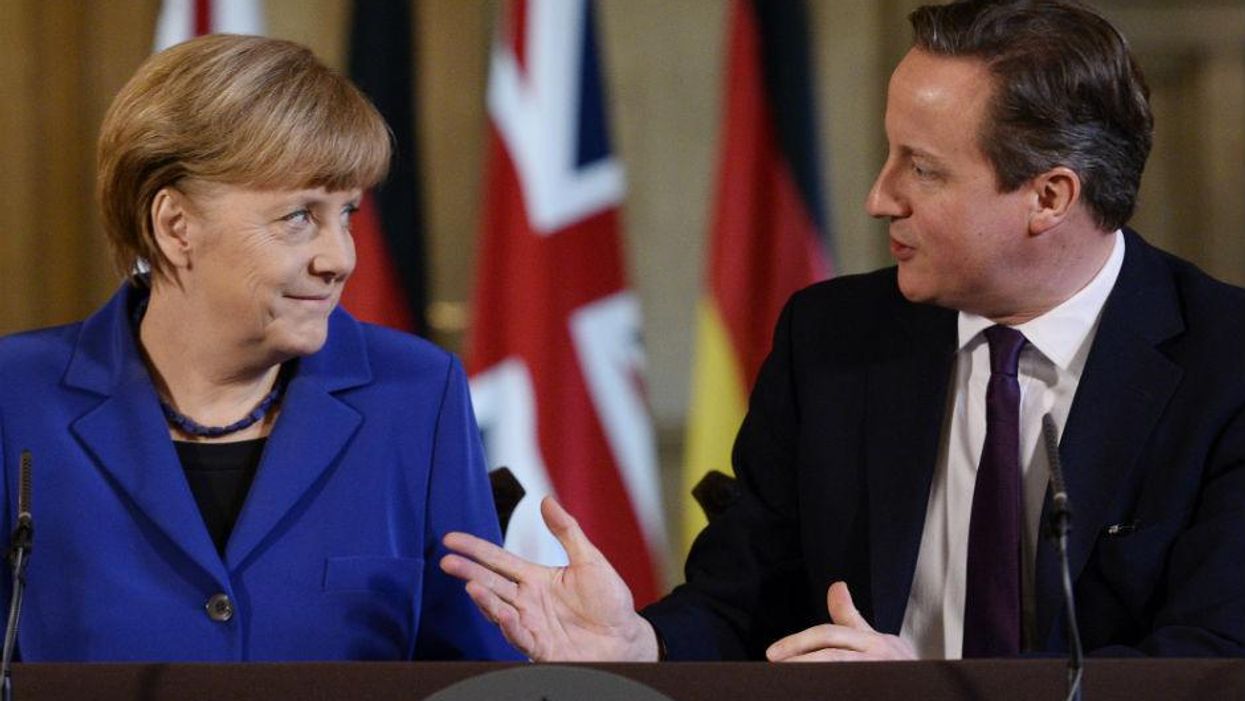News
Oliver Wright (edited
Nov 03, 2014

Angela Merkel is understood to have told David Cameron that Britain is approaching a “point of no return” in its relationship with the EU.
What is the disagreement?
Germany’s chancellor warned the prime minister that his demands for migration reforms are not acceptable to Germany and that she would rather see Britain leave the Union than give in to the proposals.
Mr Cameron is said to be working on a speech in which he will set out his plans for EU labour market reform – by capping the national insurance numbers issued to foreign workers – and a proposed renegotiation of Britain’s membership.
However, such a move would prove unpopular with other EU countries. Outgoing President of the European Commission, José Manuel Barroso, suggested such a proposal would be incompatible with the “essential” principle of freedom of movement – a sentiment shared by Ms Merkel.
Why is Germany’s support vital?
It is not much of an exaggeration to say that David Cameron’s hopes of renegotiating Britain’s relationship with the EU rests in large part with Angela Merkel.
Without German backing it will be next to impossible for Mr Cameron to win support among other EU countries for a deal which he can sell as a British victory in any referendum campaign.
But with German support for a deal it would be far harder for southern European countries – which are less set on Britain’s continued membership – to veto it. And, despite her frustration with Mr Cameron on occasion, Ms Merkel does not want to see Britain leave.
It is in Germany’s own national interest to have the UK inside the EU tent.
Is there room for compromise?
Speaking after a meeting of the European Council last week, Ms Merkel said Germany would not interfere with the basic principle of freedom of movement, but emphasised: “That doesn’t mean that there aren’t various problems.”
She said she had discussed these problems with Mr Cameron, including benefits for unemployed EU migrants.
Yesterday there were signs that Mr Cameron may have taken notice of the German warning. The Sunday Times reported the prime minister was looking at ways to stretch existing EU rules “to their limits” rather than insist on measures that would require treaty change.
This could include deporting foreign nationals after three months if they had not found a job and were unable to support themselves.
Top 100
The Conversation (0)













